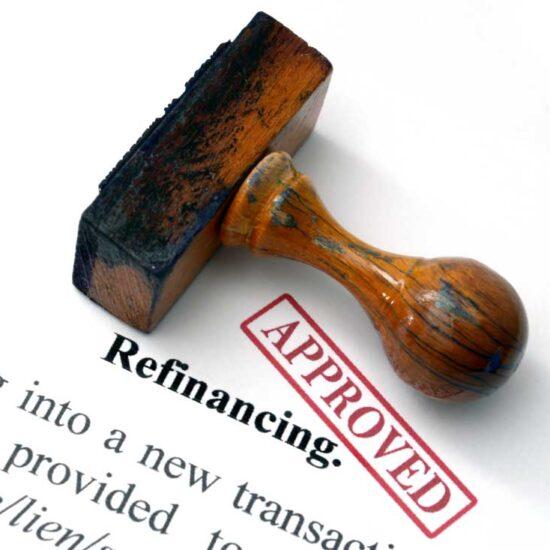
By Louisa Sanghera, Director, Zippy Financial
If it hasn’t happened to you, it’s probably happened to someone you know. You find a dream home that appears to be within your budget, you get your finance pre-approved, you get your hopes up, and you get blow out of the water come auction day because the agent underquoted the property.
What is underquoting?
Underquoting is the misleading practice of advertising a property within a price guide that suggest to hopeful buyers that it could sell below market value or for less than what the agent knows the vendor will accept.
Accusations of underquoting have been rife in the recent times as national property prices soared 24% over the past year.
There is no doubt that some agents out there have been intentionally underquoting properties to drum up interest, but not always. On many occasions selling agents get blamed unfairly for their reluctance to predict a strong competitive result, and in many circumstances, vendors exercise their right to change their price expectations without prior consultation with their agent. As property prices peak, less underquoting should occur.
Why do agents underquote a property?
The main reason vendors and agencies underquote is based on the belief that an underquoted property will attract more prospective buyers. It is hoped that these buyers will fall in love with the property so much that they will find a way to compete against most cashed-up buyers, helping to push the property’s final price up in the process.
Unfortunately, the reality is that many buyers find themselves shortlisting properties that are beyond their financial constraints and this leads to disappointment, wasted expenditure for building reports and due diligence, and lost opportunity.
Isn’t underquoting illegal?
Whilst the price guide legislation varied between states and territories, the problem was relatively endemic in many cities across the nation. Underquoting is illegal, there are many legal loopholes that existed in current legislation, particularly in Victoria.
How do you avoid becoming a victim of underquoting?
Rather than rely on the price guide the real estate agent gives you, do your own homework. You can do this by looking at comparable sales within the last month or two on websites such as Domain and compare like-for-like properties and locations.
Here are some top tips from Real Estate Buyers Agents Association to avoid becoming a victim of underquoting:
1. Compare comparable properties by location, land size and condition.
2. Spend the months leading up to active bidding time (while obtaining finance pre-approval) to inspect, inspect and inspect as many properties and neighbourhoods as you can.
3. Look at other similar properties in the area and see what the agents have initially published the estimate price range as, what the reserve price was and what it has sold for.
4. Consider consulting and engaging a buyer’s agent to take care of the process so you can “buy with confidence.”







